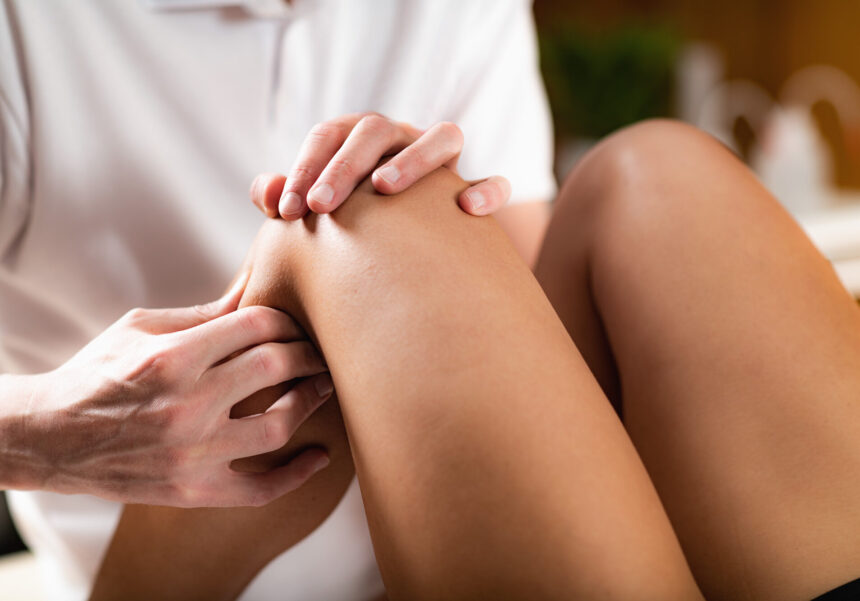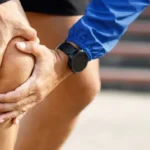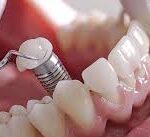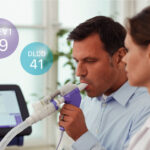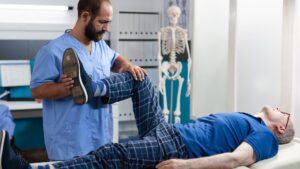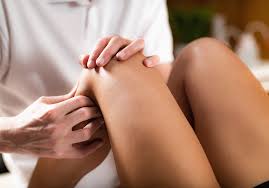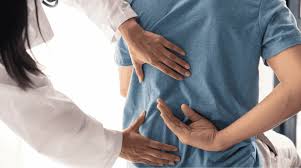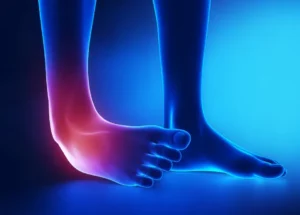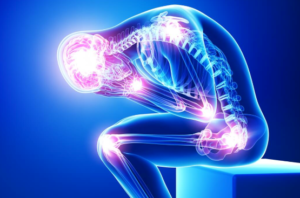Athletic activities, while beneficial for health and performance, often come with the risk of injury. Orthopedics plays a valuable role in diagnosing and treating sports-related injuries, making sure athletes and active individuals can recover safely and return to their routines. Orthopedic specialists combine medical expertise with rehabilitation strategies to promote healing. Here’s more information on the role of orthopedics in treating sports-related injuries:
Common Sports-Related Injuries
Sports injuries typically affect the musculoskeletal system in predictable ways. Acute injuries happen suddenly during activity and include sprains, strains, fractures, and dislocations. Overuse injuries develop gradually from repeated stress on tissues and include conditions like tennis elbow, runner’s knee, and stress fractures.
Different sports create different injury patterns. Basketball players often experience ankle sprains and knee injuries. Runners commonly develop shin splints and IT band syndrome. Soccer players frequently suffer ACL tears and hamstring strains. Football players face concussions and shoulder injuries. Orthopedic specialists understand these patterns and can quickly identify the specific type of injury based on the sport and symptoms. Early recognition helps prevent minor injuries from becoming major problems that require more intensive treatment.
Diagnostic Expertise in Orthopedics
Accurate diagnosis forms the foundation of effective treatment. Orthopedics uses multiple diagnostic tools to understand the exact nature and extent of sports injuries. Physical examinations help doctors assess pain, swelling, range of motion, and stability of affected areas.
Imaging studies provide detailed views of internal structures. X-rays can reveal bone fractures and joint alignment issues. MRI scans reveal soft tissue damage in muscles, ligaments, and cartilage. CT scans offer detailed bone images when needed. Ultrasound can show real-time movement of tendons and muscles.
Treatment Options Provided by Orthopedics
Orthopedics offers both non-surgical and surgical treatment approaches. Non-surgical treatments work well for many sports injuries. These include rest, ice, compression, elevation, physical therapy, and anti-inflammatory medications. Bracing and supportive devices help protect injured areas while healing occurs.
Injection treatments can reduce inflammation and pain in specific areas. Corticosteroid injections help with severe inflammation. Platelet-rich plasma (PRP) injections use the body’s own healing factors to speed recovery. When conservative treatments are not enough, surgical options become helpful. Minimally invasive procedures use small incisions and specialized instruments to repair damaged tissues.
Rehabilitation and Preventing Future Injuries
Recovery from sports injuries requires more than just fixing the immediate problem. Orthopedics includes comprehensive rehabilitation programs that restore strength, flexibility, and function. Physical therapy helps rebuild muscle strength and joint mobility through targeted exercises and techniques.
Rehabilitation programs are customized for each athlete’s specific sport and injury. A tennis player recovering from shoulder surgery needs different exercises than a runner with a knee injury. Sports-specific training helps athletes regain the precise movements and skills required for their particular activity.
Prevention strategies are equally fundamental in orthopedics. Proper conditioning programs strengthen muscles and improve flexibility to reduce injury risk. Biomechanical analysis can identify movement patterns that lead to overuse injuries. Equipment recommendations help make sure athletes use proper gear for protection and performance.
Book Your Orthopedics Appointment Today
Orthopedics provides comprehensive solutions for sports-related injuries through expert diagnosis, proven treatment methods, and specialized rehabilitation programs. From minor sprains to complex surgical repairs, orthopedic medicine helps athletes recover and return to peak performance. For sports injuries and related concerns, contact an orthopedic specialist near you to book your orthopedics appointment to discuss your treatment options.


